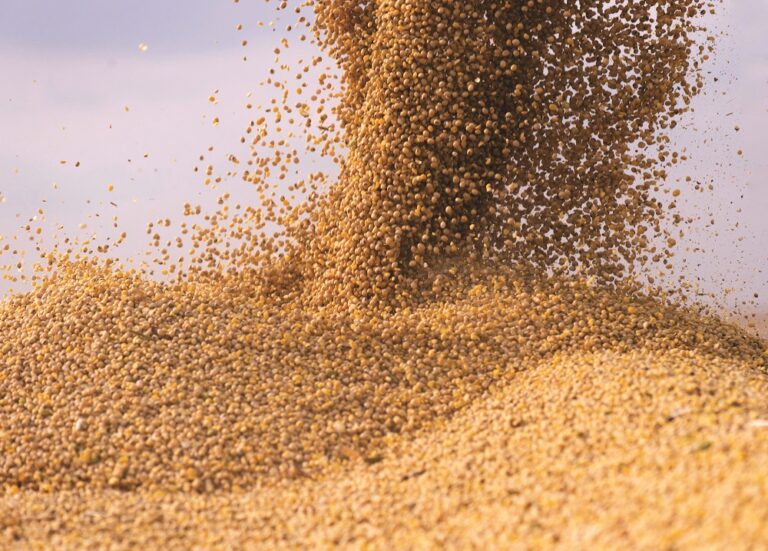An innovative project in Nottingham that converts carbon dioxide into clean animal feed is one of 9 pioneering agricultural technology projects set to benefit from £24 million of government funding.
Nottingham-based consortium REACT-FIRST will receive over £2 million to generate clean, sustainable food for poultry with an up to 75% smaller carbon footprint. Led by Nottingham company Deep Branch Biotechnology, the project will use its unique technology to turn carbon dioxide from Drax Power’s Selby power station into animal food with minimal water usage and without the need for arable farmland.
The funding will allow the consortium to provide a greener alternative to soy and fishmeal for the animal industry, enabling industries that traditionally create higher levels of waste, such as agriculture, to contribute to a cleaner environment.
The project will work with leading retailer Sainsbury’s as well as the Scottish Aquaculture Innovation Centre to integrate into the fish and poultry supply chain, helping to ensure that industry demand is met.
It is one of 9 projects benefitting from a £24 million package from the UK government, which are applying big data, artificial intelligence and robotics to UK farming, with the aim of establishing a more efficient system of food production that cuts costs and reduces greenhouse gas emissions.
Science Minister Amanda Solloway said: “From robotics assisting our farmers in fruit picking, to technology that converts CO2 to clean animal feed, the incredible projects we are backing today represent the future of farming.
“Working with the best of British science, we are turning our most creative ideas into pioneering projects that will accelerate our transition to net zero food production, boost jobs and drive forward the UK’s economic recovery.”
Farming Minister Victoria Prentis said: “It’s great to see investment in these outstanding ideas which will help us tackle the farming industry’s greatest challenges, from achieving net zero emissions to investing in sustainable alternative protein for animal feed. Farming has never before been at the centre of such exciting and forward looking innovations.”


